Sustainability
Assuming responsibility means guaranteeing values as well as committing to continuous improvement. Through our presence across the entire supply chain, we possess not only the necessary expertise and networking capabilities but also the influence and oversight to stimulate innovation and enforce improvements.
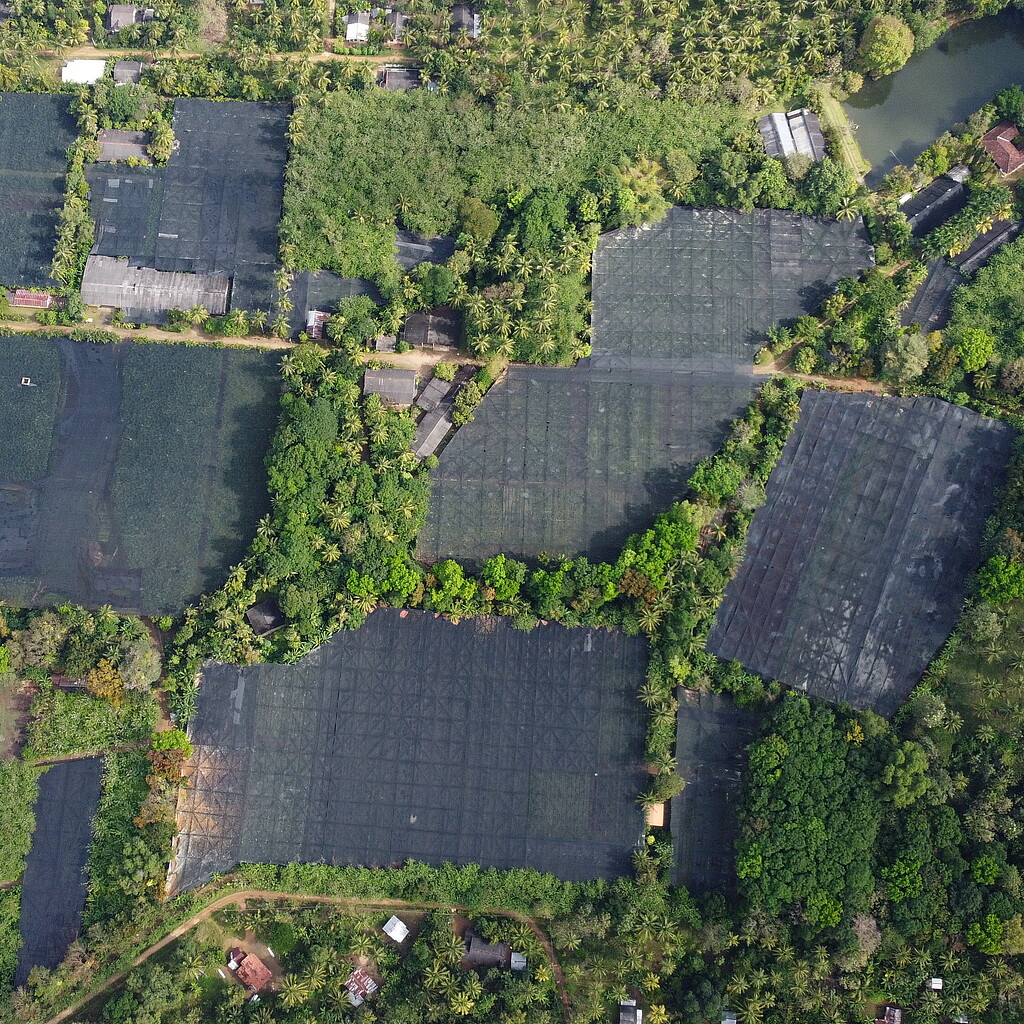
Foundations
Since its foundation in 1976, agrotropic has committed to a sustainable and fair business model and in 2022 was awarded for 20 years of dedication to Fairtrade.
In 1976, Bernhard Bürgisser challenged himself by choosing cut flower cultivation and trade as the foundation of his business.
The cultivation of flowers and plants is inseparably linked to the forces of nature, characterized by significant unpredictability, complexity, and fluctuations that greatly influence our business.
Various studies also highlight the significant challenges that farmers and humanity in general must face in the future.

Science Based Targets Intiative
As part of the Science-Based Targets Initiative (SBTi), we acknowledge these studies, scientific evidence and their consequences:
- World Meteorological Organization: The State of Global Climate
- Foresight: The Future of Food and Farming
- International Panel on Climate Change: AR5 Report
- United Nations: Climate Action, The 17 Goals
- World Bank: Problue
Factors such as population growth, climate change and the resulting competition for resources and their depletion are current concerns that threaten the future of humanity. Sustainable management of land and seas opens a promising path.
agrotropic assures a comprehensive understanding of these factors within the company. We shape our goals sustainably and let them serve as guiding principles for our actions.
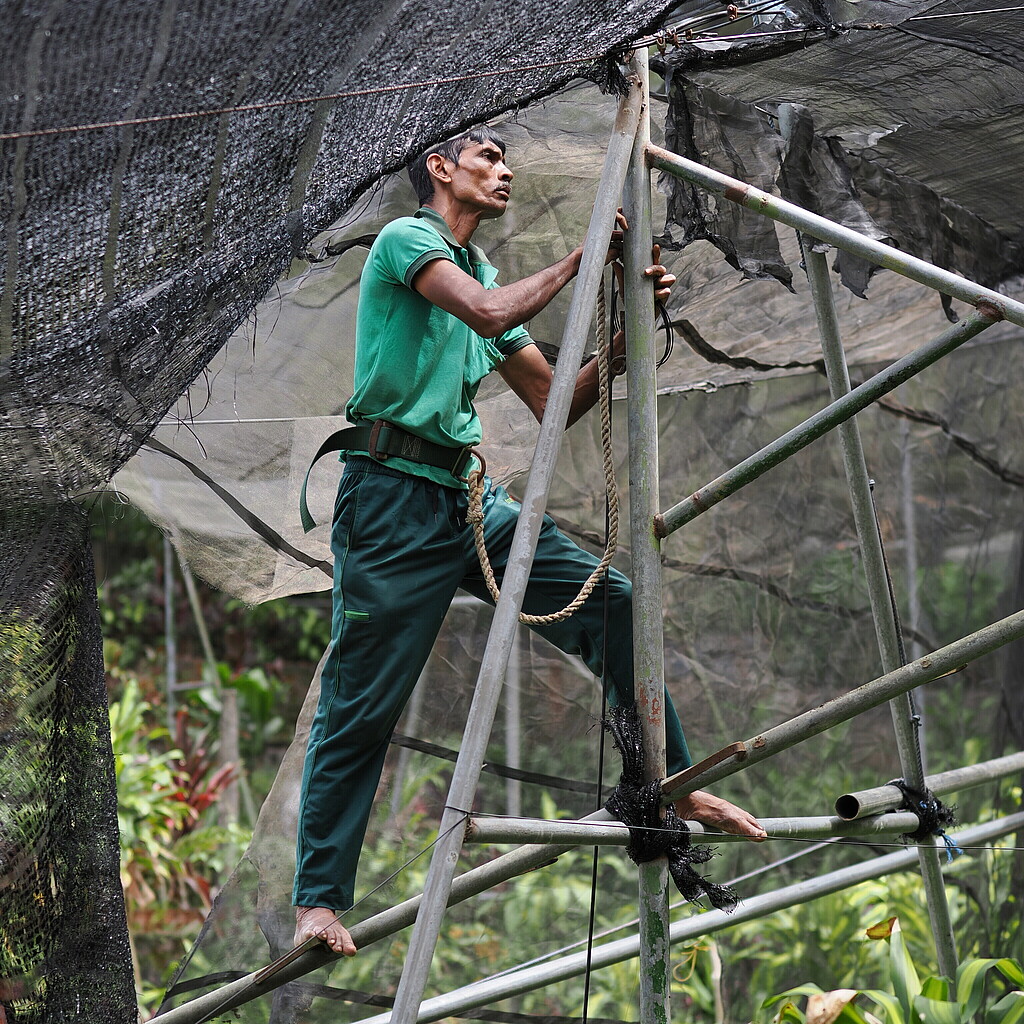
Commitment to Sustainability
agrotropic makes sure that the responsibility towards future generations is reflected and understood throughout the entire company and is practised in all aspects of the business. We strive to comprehend the political, social and environmental issues relevant to our business, to consistently integrate this understanding into our decision-making and problem-solving processes, and to actively work towards solutions.
In our climate strategy and environmental policy, we outline our values and commitment to a more sustainable future, along with goals and steps for the journey ahead. Our vision is to achieve economic success together with our partners through a business model committed to ecological and social sustainability. We aim for a balance between people, the Earth, flowers and yield.
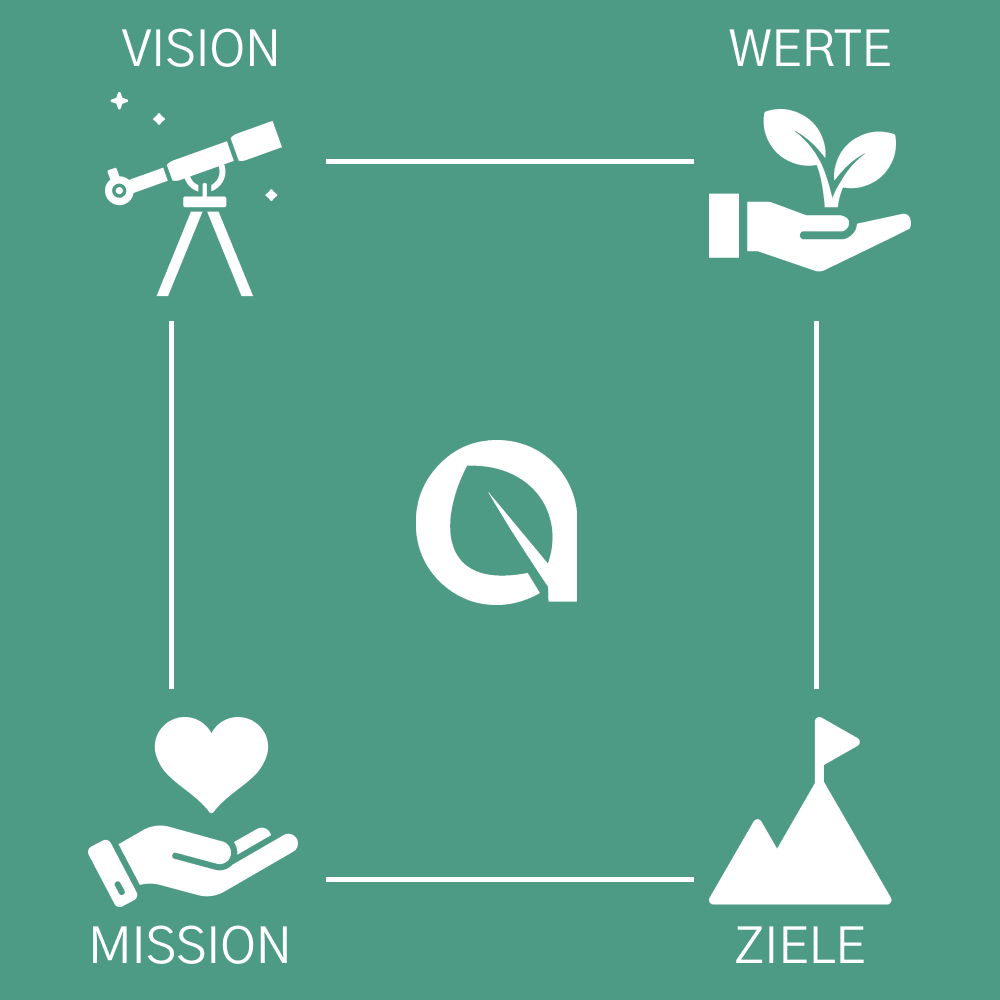
Vision and Mission
From our vision and mission emerge the following values, which form the foundation for our daily work:
Freedom
Integrity
Responsibility
Unity
Renewal
Quality
Consistency
Certifications
We actively commit to an environmentally friendly and socially responsible production of imported plants. More than 90% of our imported flowers and cut greens come from facilities certified by MPS and FLO. agrotropic has been a Fairtrade Max Havelaar licensee from the very beginning, supplying flowers with the Max Havelaar quality label to supermarkets and wholesalers in Switzerland. Additionally, the company holds the certifications 'MPS Florimark TraceCert' and 'MPS Florimark Good Trade Practice'.
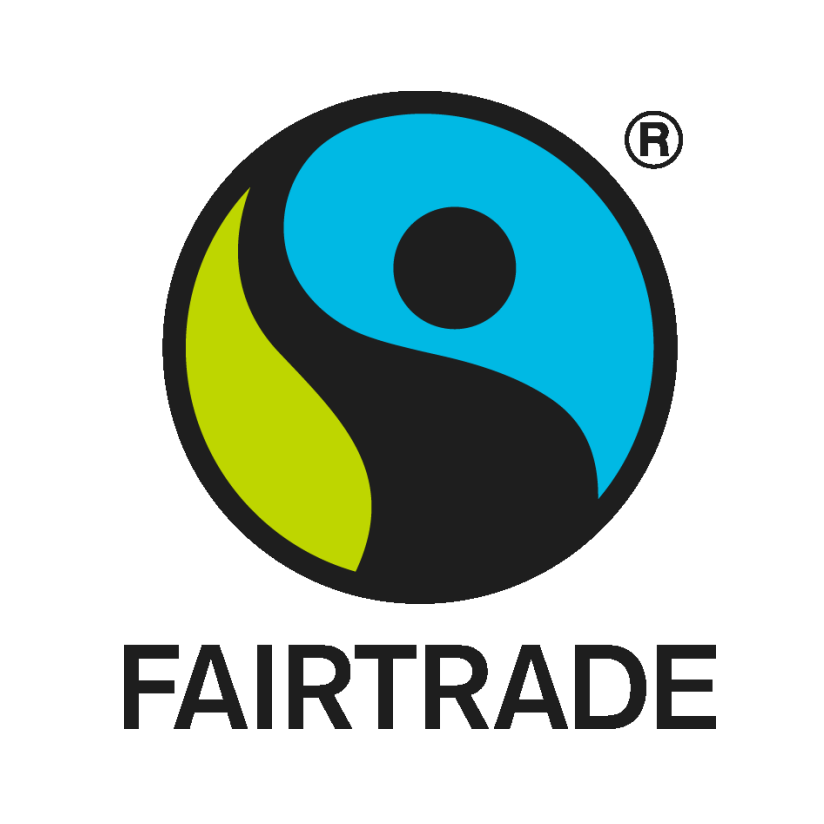
Fairtrade Max Havelaar
Roses with the Max Havelaar quality seal were launched by agrotropic in Switzerland in 2001 (Retail) and 2004 (Wholesale). The company has been a Max Havelaar-certified importer since then. Max Havelaar is a Swiss foundation for fair trade that advocates for a socially and environmentally sustainable production in developing countries. Certified flower farms adhere to social minimum standards and strict environmental protection norms. In addition, employees benefit from the Max Havelaar Fairtrade premium, which is used locally for sustainable projects. The certification of producers is carried out by FLO (Fairtrade Labelling Organizations International).
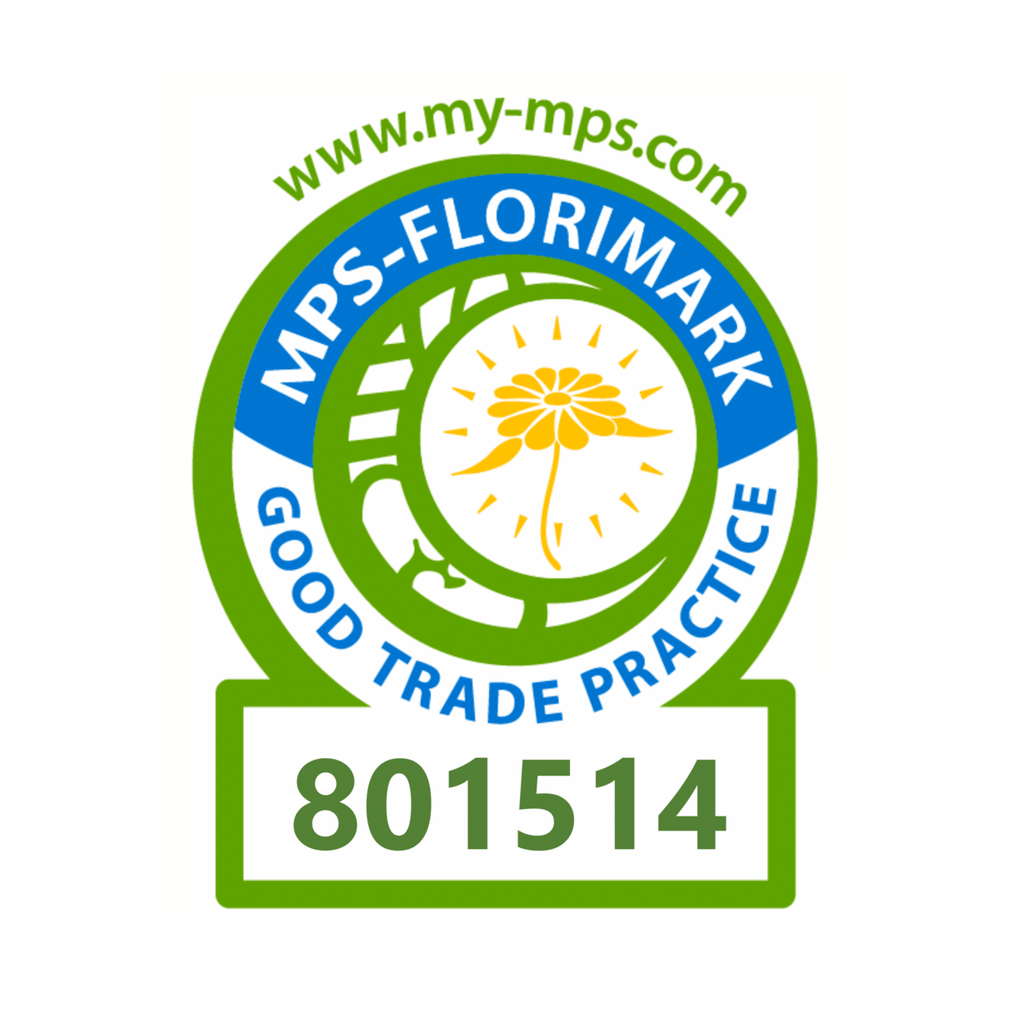
MPS Florimark TraceCert
Florimark TraceCert is a program that guarantees traceability for traders dealing with products from the flower and plant industry. The certificate encompasses basic requirements regarding freshness, outgoing inspections, storage, warehousing, distribution and traceability of flowers and plants in the trade channel. Florimark TraceCert has been designed for wholesalers and traders, providing a solution to meet customers' needs for traceability. It is also an ideal way to fulfill the traceability requirements of Fair Flowers Fair Plants (FFP). The certificate can be extended through the Florimark GTP and ISO 9001:2000 certificates.

MPS Florimark Good Trade Practice
Florimark GTP defines more extensive guidelines in the same areas as MPS Florimark Trace Cert, but with higher requirements for the certified companies. Additional guidelines address social and ecological aspects as well as the collaboration within the supply chain.
Solisani
Flores sana crescit in Soli sano – Healthy flowers grow in healthy soil.
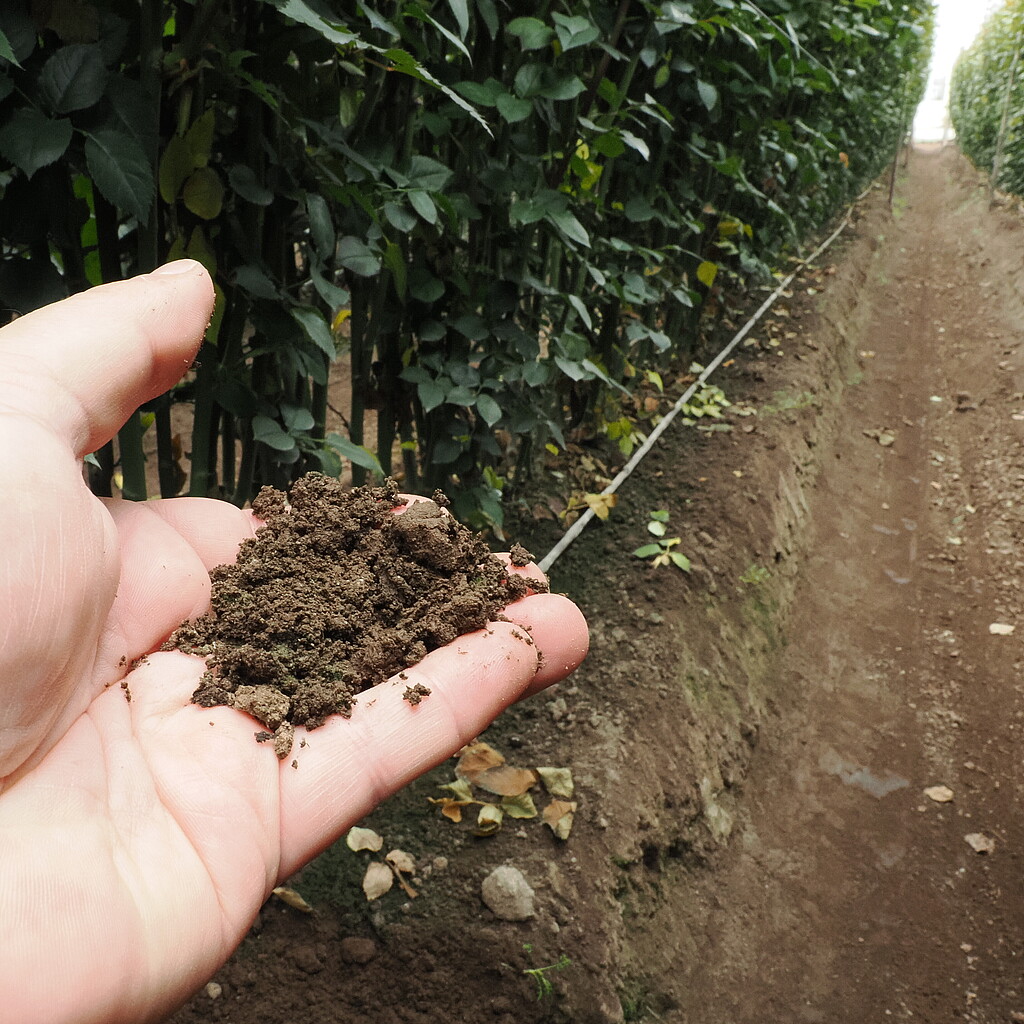
This is Solisani
Healthy soils are important to us. They are the basis of our food system and provide numerous ecosystem services. When cultivating roses, there are several considerations to promote the health of the soil. Healthy soils, in turn, are essential for robust plants. The certifications we expect from our suppliers demand a holistic approach to pest control. Going beyond certifications, we have initiated a pesticide monitoring program in collaboration with our business partners. We are aware of the products the growers use and specify which ones are allowed. This creates an essential dialogue and transparency within our supply chain. We also regularly conduct residue analyses of our roses, thus achieving comprehensive monitoring.
Our Building
The expiration of a lease agreement and specific requirements for an operating building prompted us to make a significant investment in a sustainable future. In July 2017, we moved to our new building in Oberhasli.
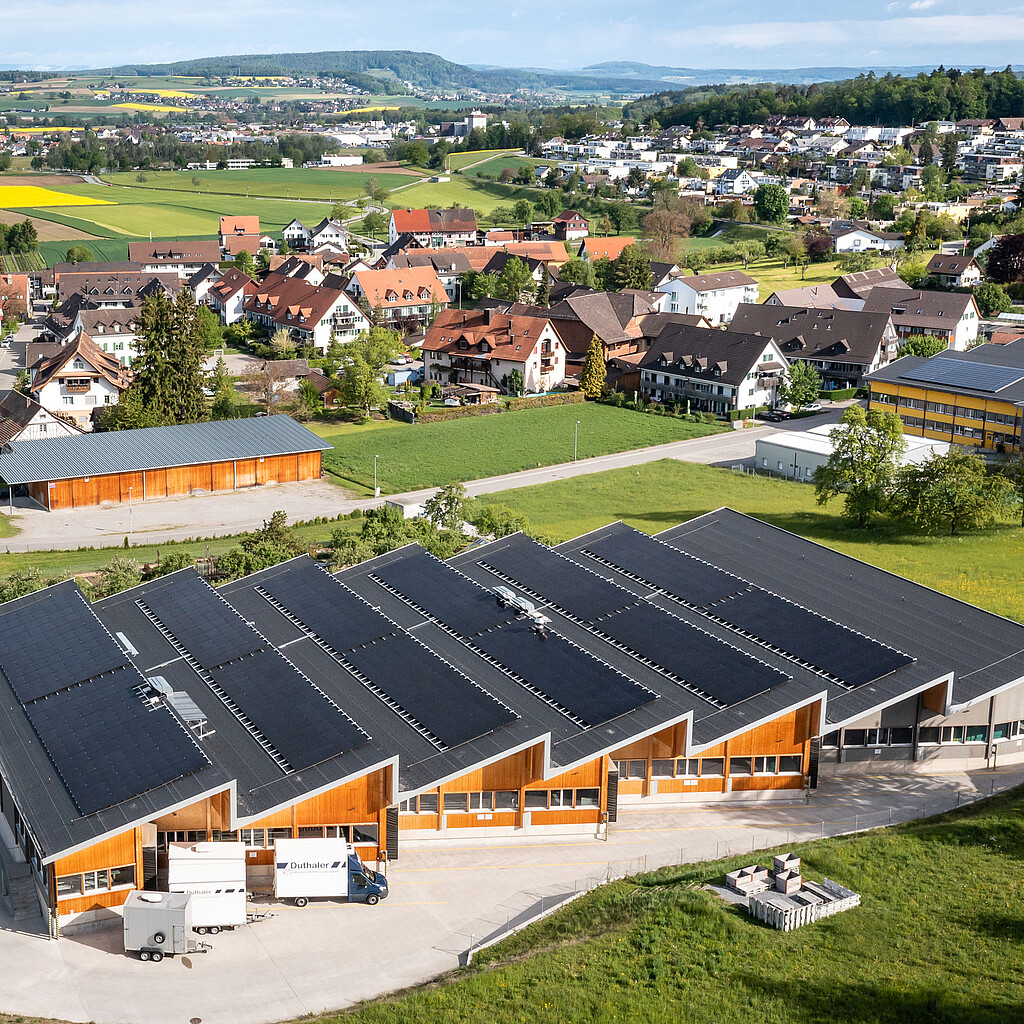
Key Facts about our Home
- Groundbreaking: 17 May 2016
- Move: 17 Juli 2017
- CHF 12 million investment
- 4,200 m2 operational space, including 816 m2 of cool rooms
- 24,640 m3 building volume
- 5 flower processing lines
- 4 loading docks
The former company location in Rümlang is just a few kilometers away. By relocating to an area nearby, we were able to retain our entire staff, and no one had to move. The picturesque community of Oberhasli has welcomed us warmly, providing agrotropic with a tranquil and pleasant environment.
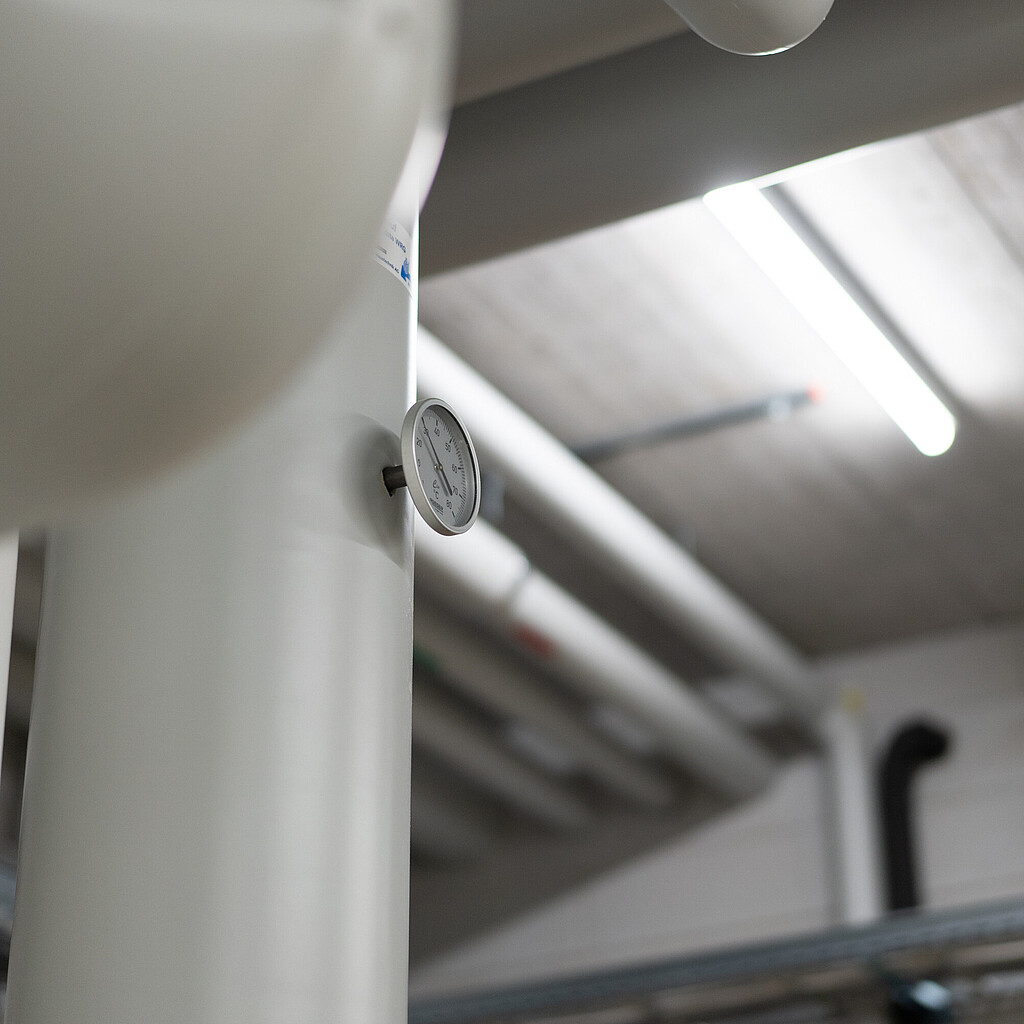
CO2 neutral Heating
A special focus in the planning and design of the new operating building was sustainability. The cool rooms and the ice water machine generate enough waste heat to cover 95% of the heating demand. The remaining 5% is supplied by the local wood chip district heating system using wood from Oberhasli.
Sustainability at agrotropic:
- Building meets Minergie A standards
- Cooling area of cool rooms: 816 m2
- Heating through waste heat and district heating (wood chip heating)
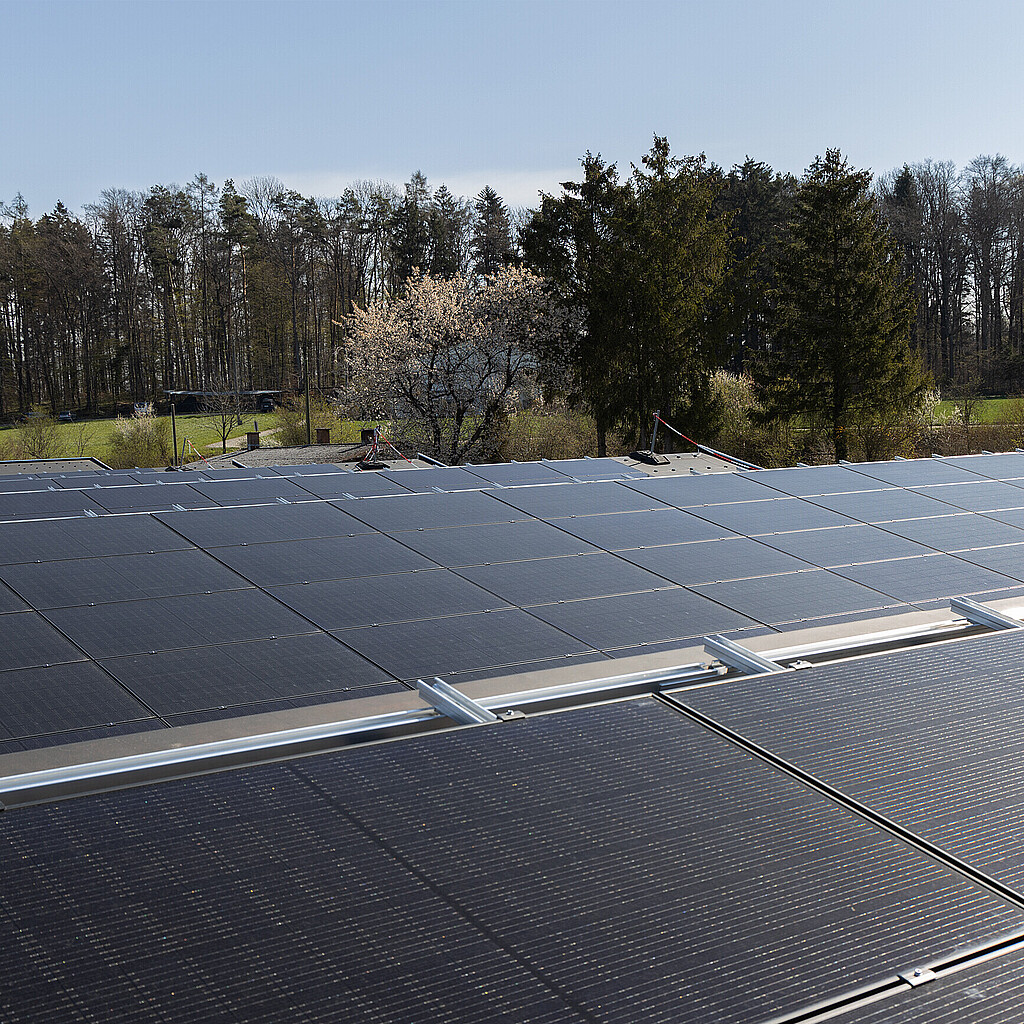
CO2 neutral Electricity
In April 2021, we put into operation our photovoltaic system. On six sections of our building, we operate a system with a capacity of 234 kWp. This is almost sufficient for our entire electricity consumption. Surplus energy is fed into the power grid on sunny days. When the sun isn't shining, we source electricity from hydropower.
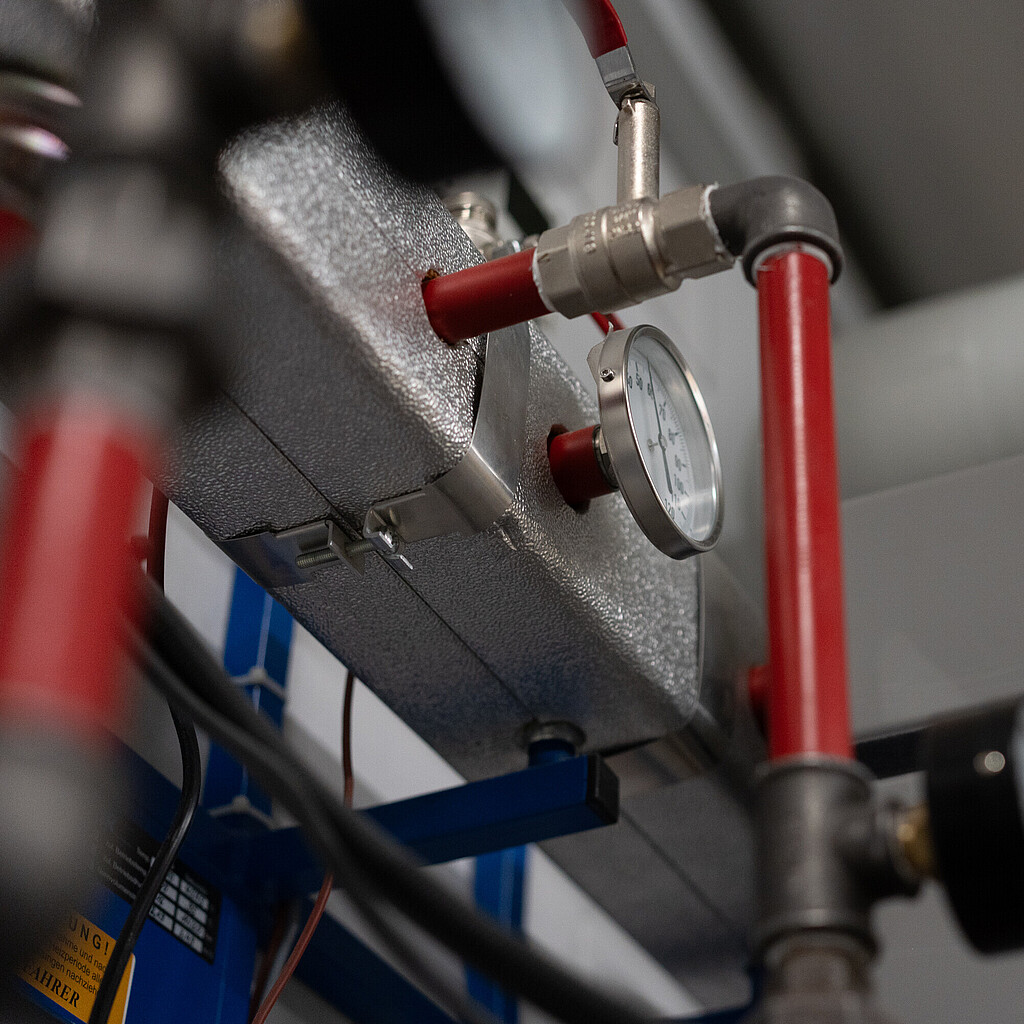
CO2 neutral Cooling
Our cool rooms are equipped with state-of-the-art technology and feature a ventilated ceiling. This ensures that the cooled air is evenly distributed throughout the space with positive pressure, achieving optimal humidity. Dehydration of the flowers is prevented, and high-performance filters inhibit the distribution of fungal spores.
An in-house receiver automatically reads incoming data loggers, and our internal temperature monitoring system ensures the traceability of the cooling chain.
On our roof, a weather station provides climate data for our surroundings, and a cooling system with water mist ensures that during the hottest summer months temperatures in our processing hall remain within a reasonable range without the need for additional energy-intensive air conditioning.
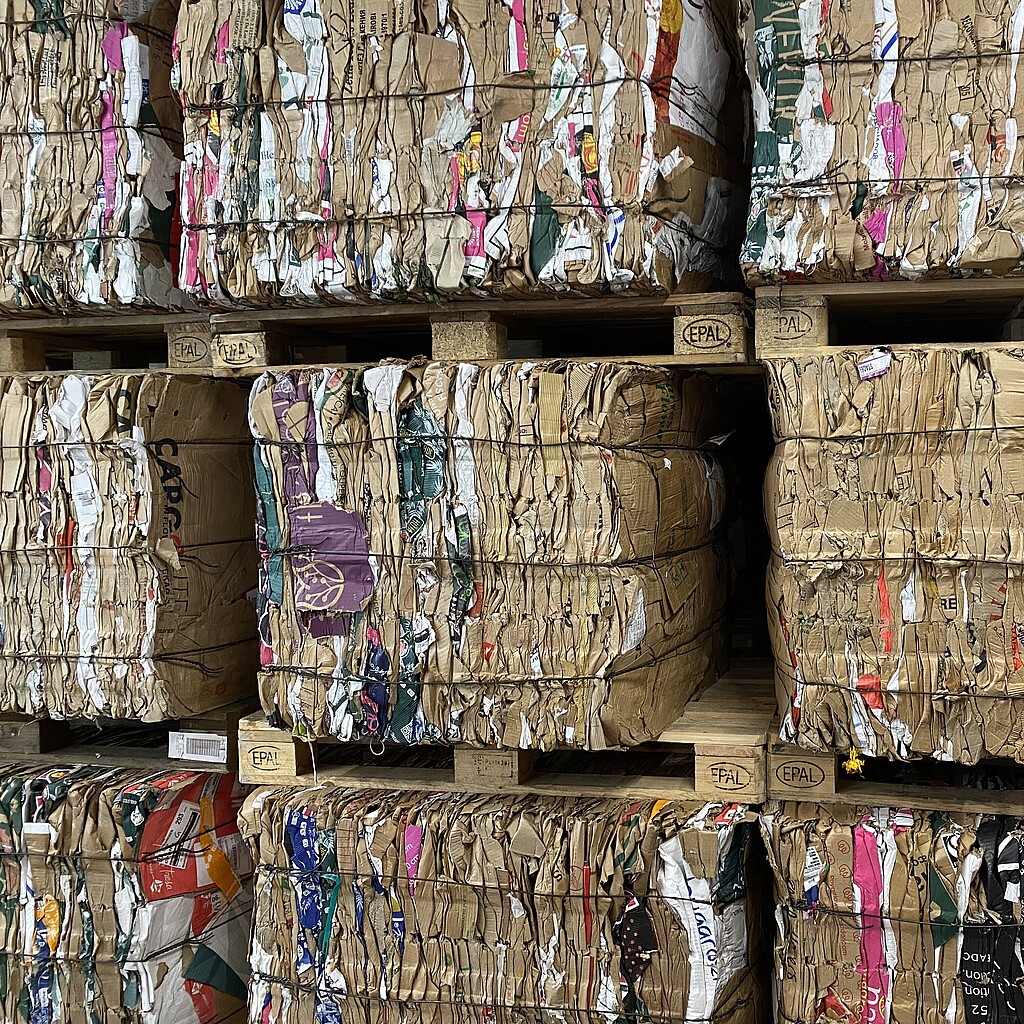
Our Waste Management
To ensure the highest quality of flowers for our customers, we rely on packaging. It protects our flowers during transportation and minimizes unnecessary disposal. We've optimized the amount of packaging material within the supply chain, following the principles of avoidance, reduction and recycling. Despite our efforts, some waste is generated during our processing steps. What we can't avoid, we strive to either reuse or recycle. For instance, single-use pallets aren't simply discarded; they are fed back into circulation for reuse. Cardboard is compacted on-site and sent to our Swiss recycling partner to be transformed into new cardboard. Waste from polyethylene and polypropylene plastics is also reprocessed to create new plastic. Green waste is collected separately and reintegrated into the natural cycle. This approach ensures that waste is utilised as an energy source and reused as compost.